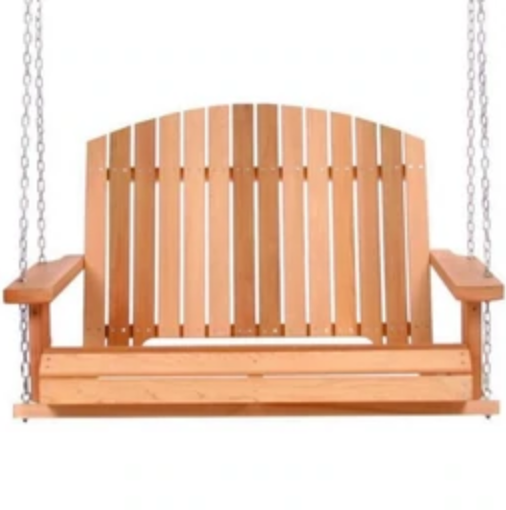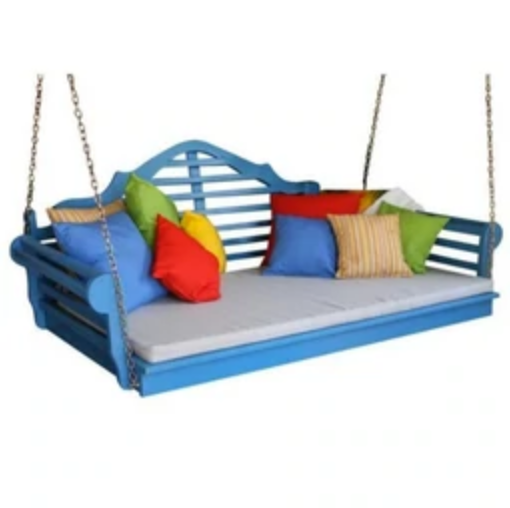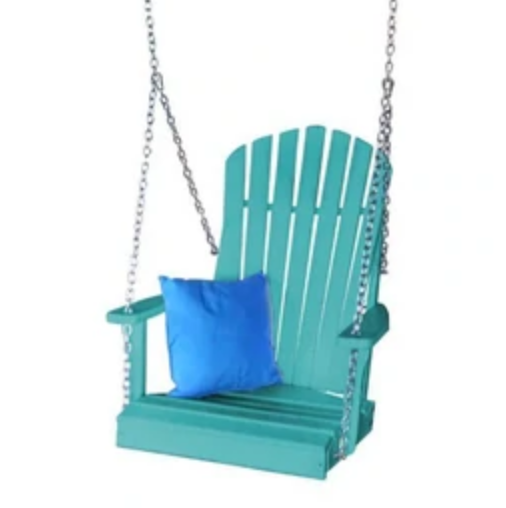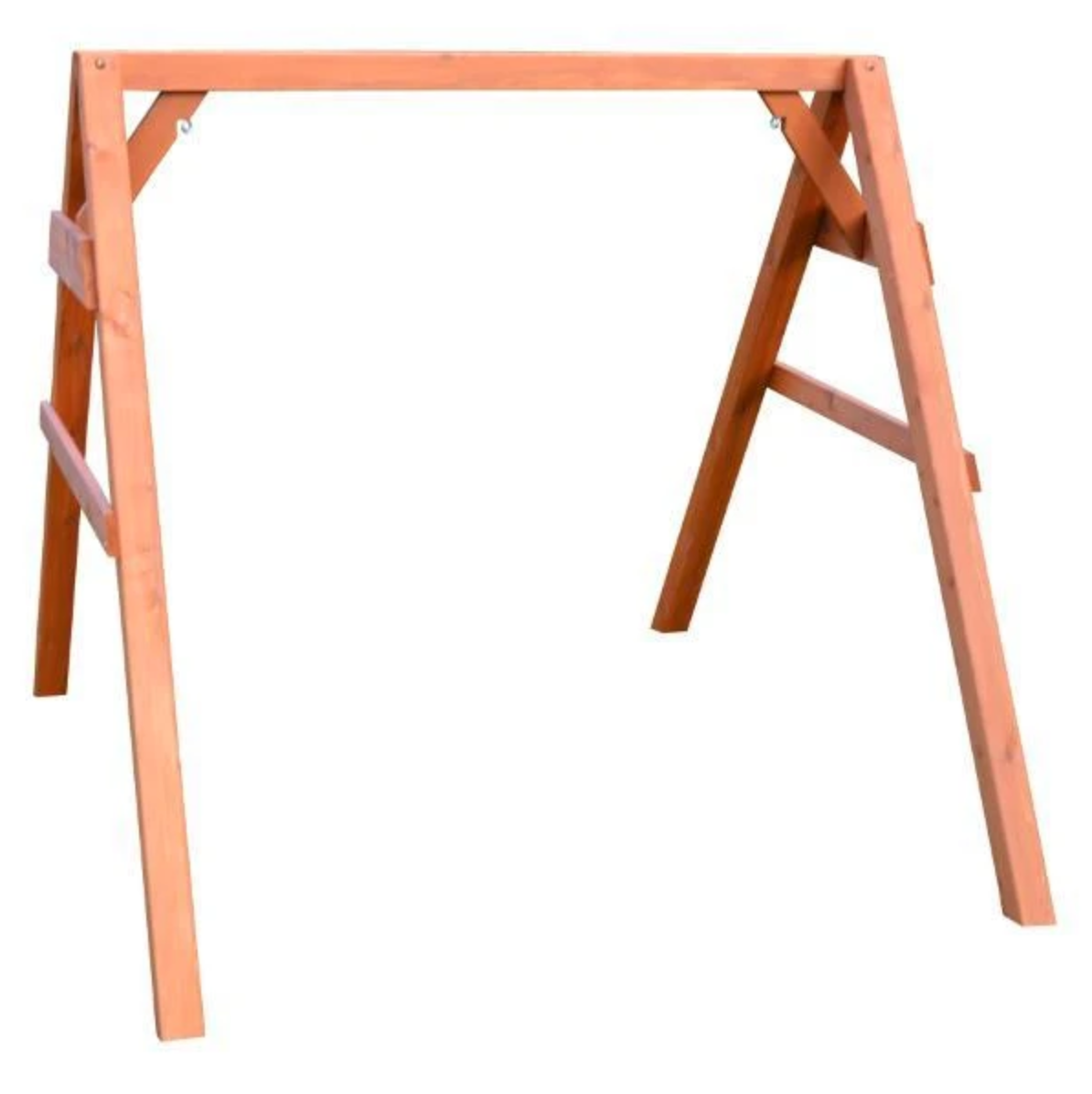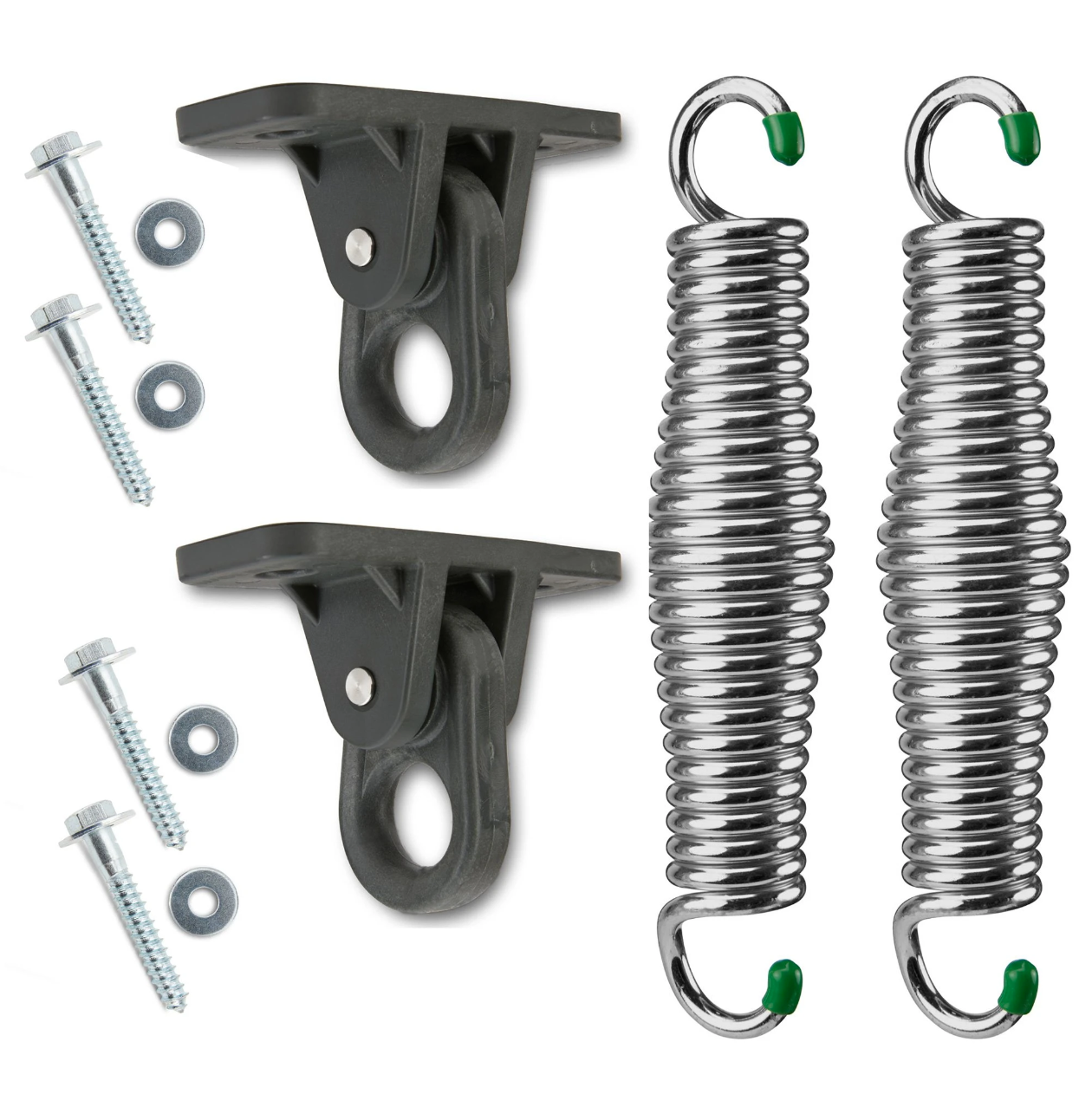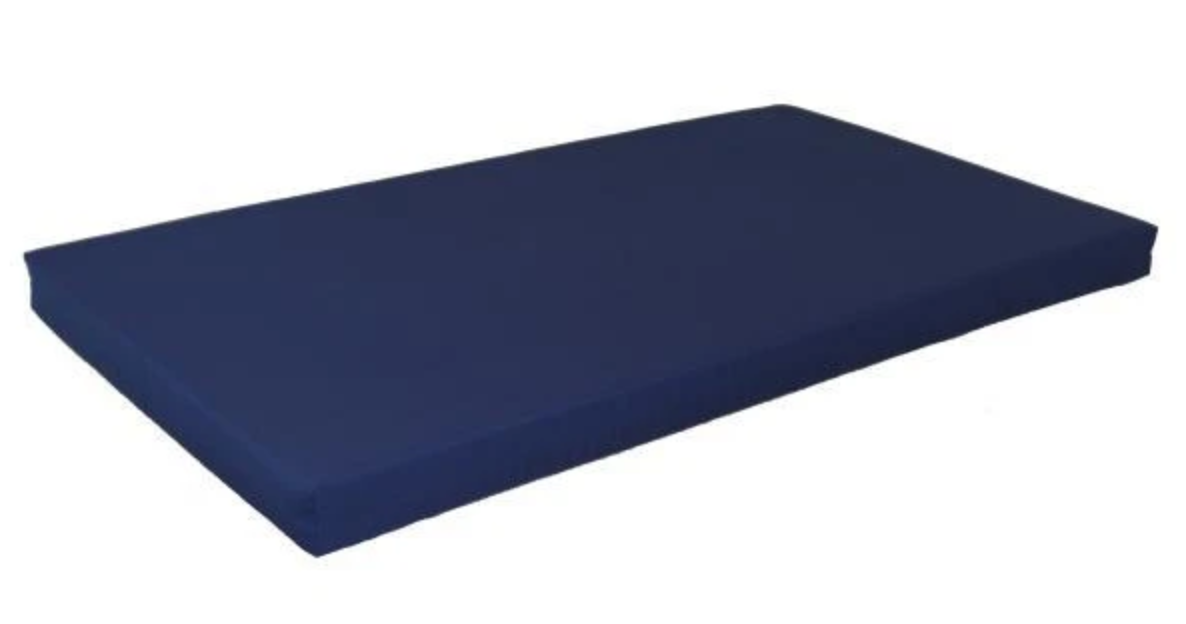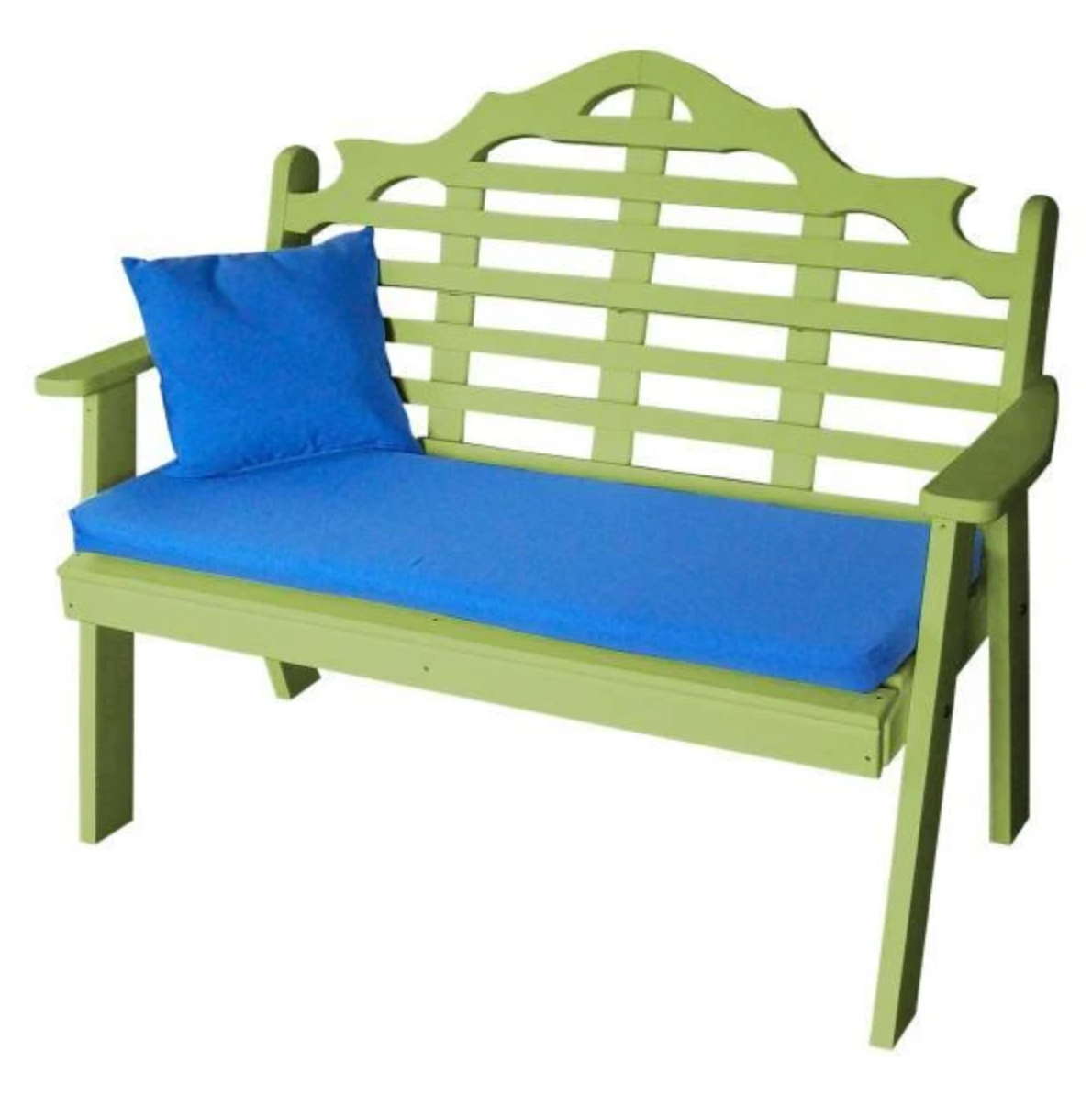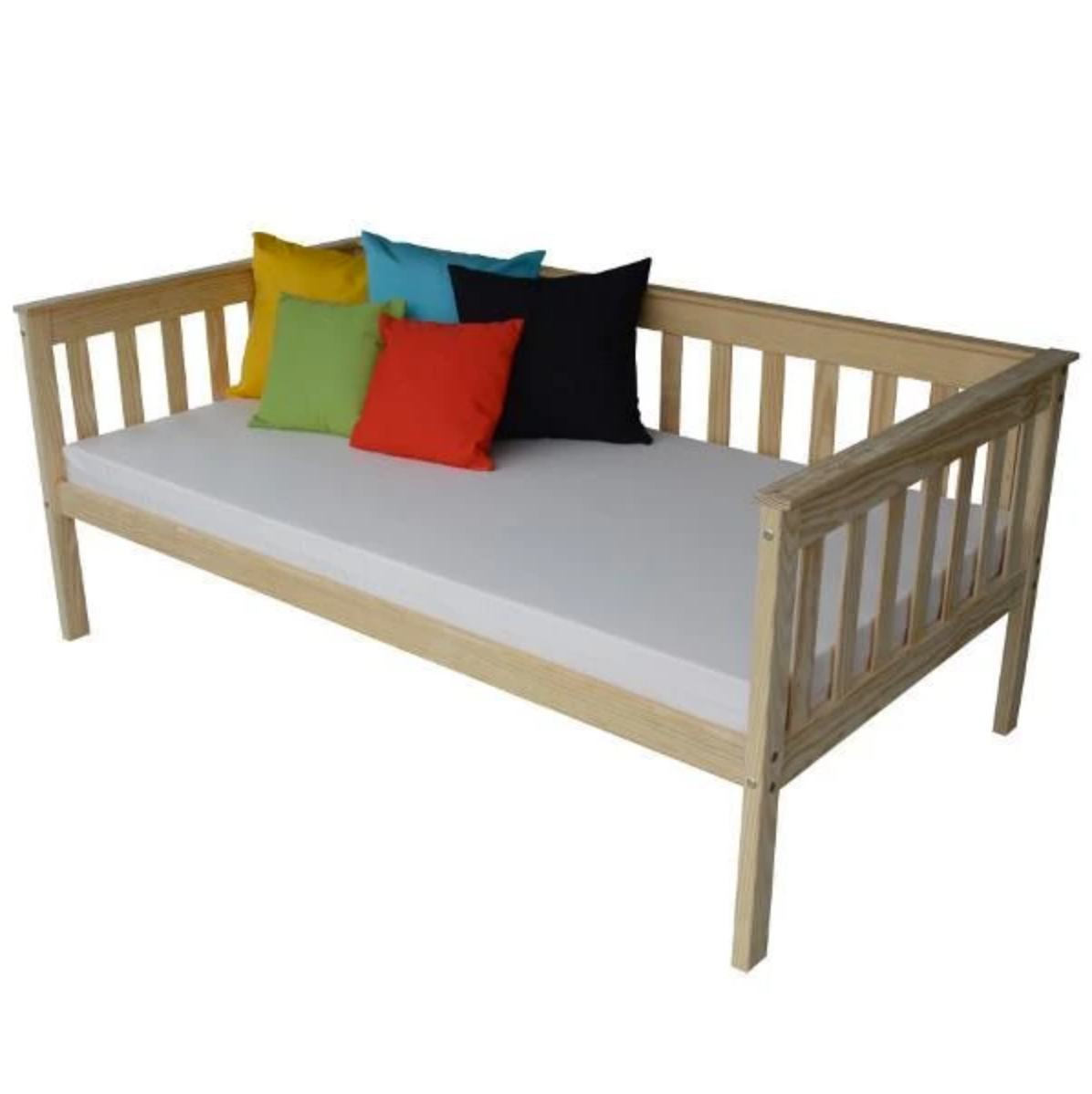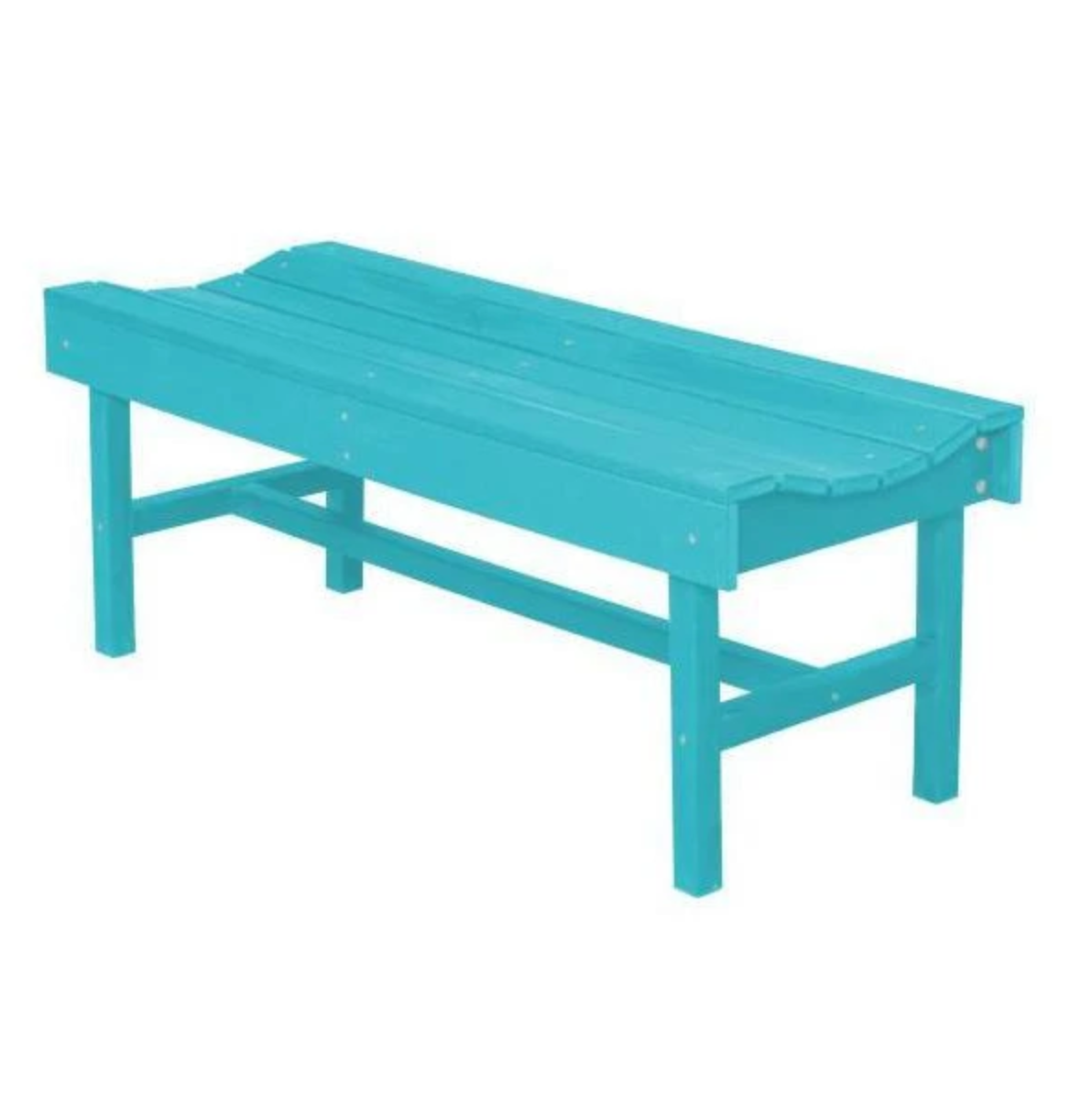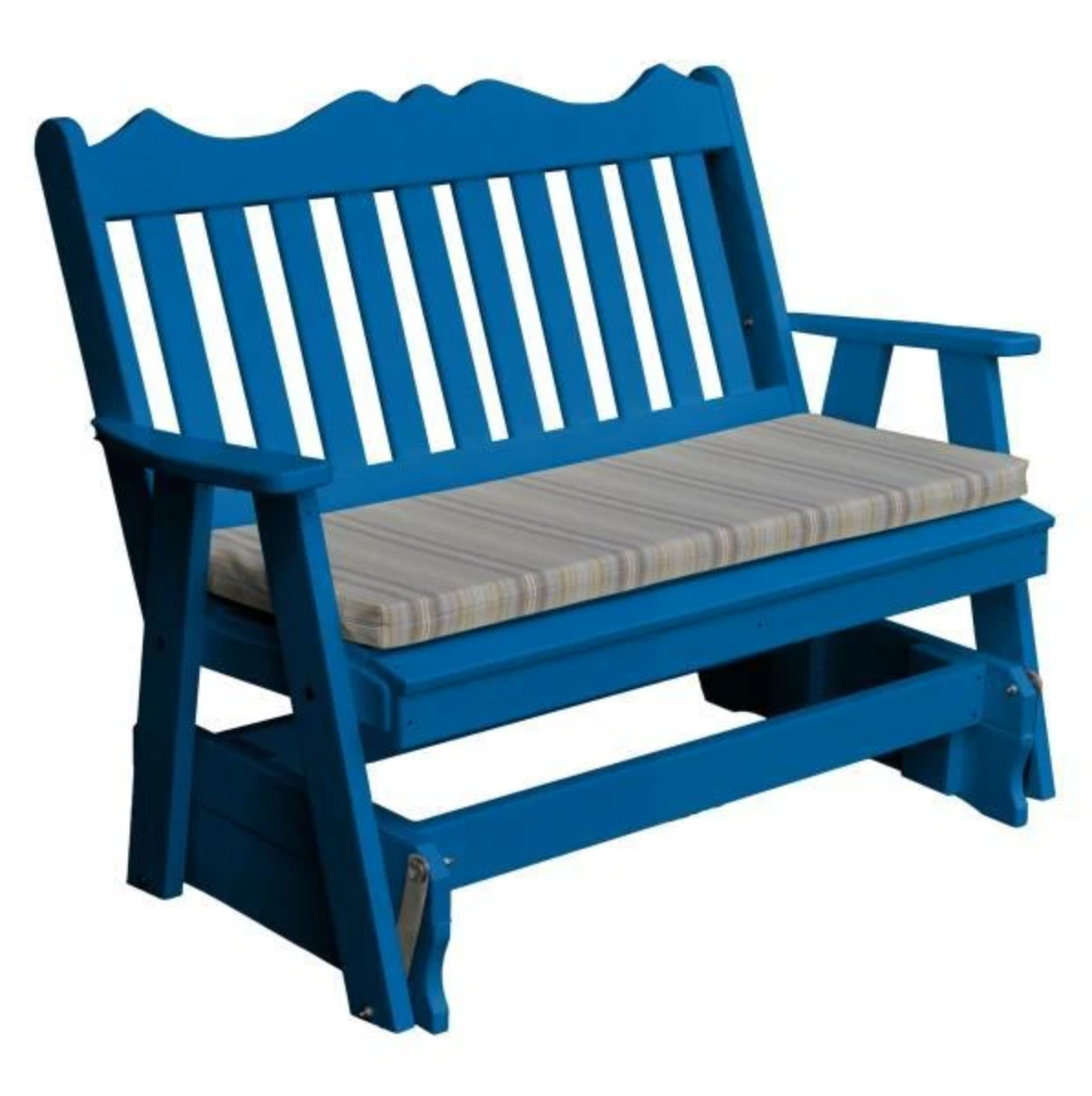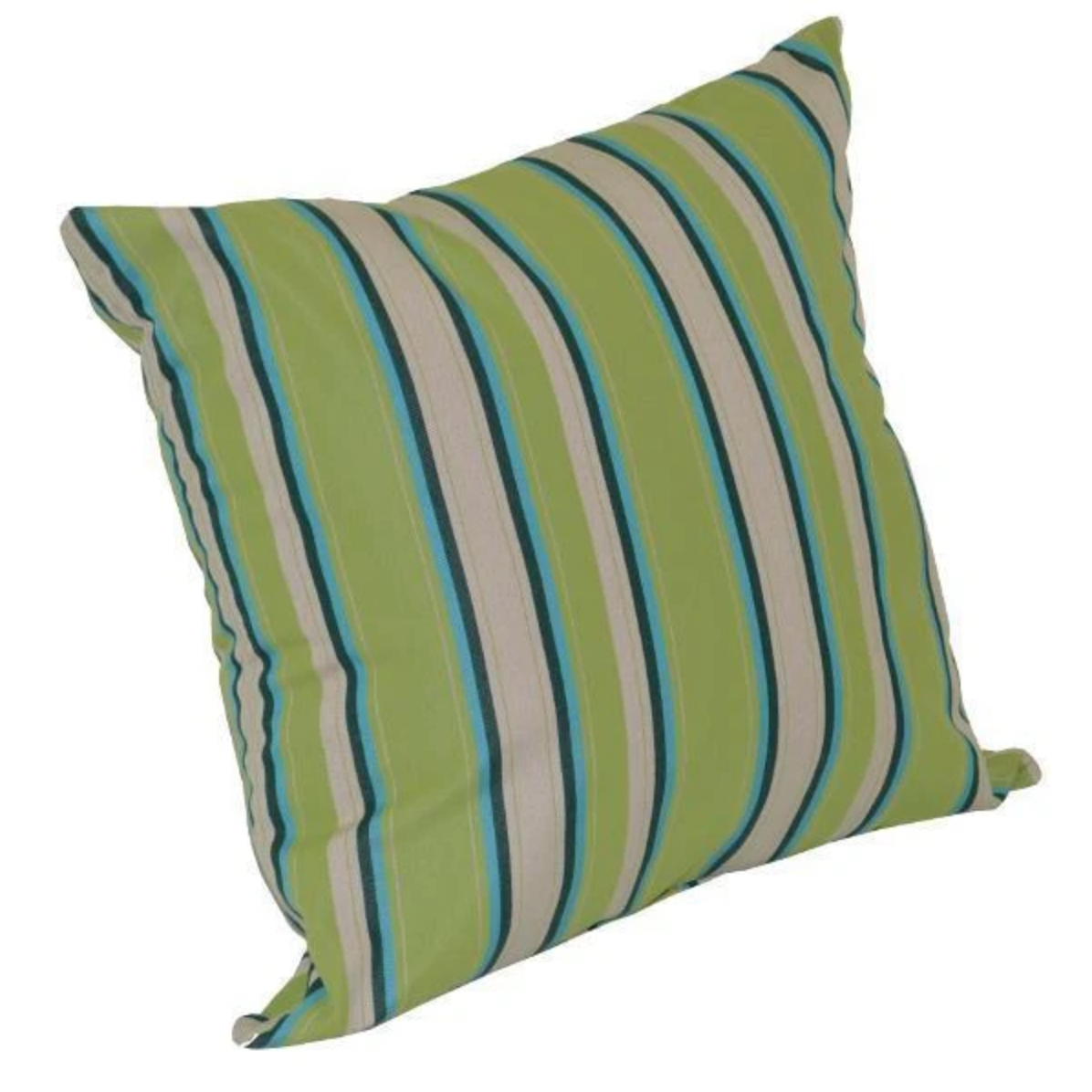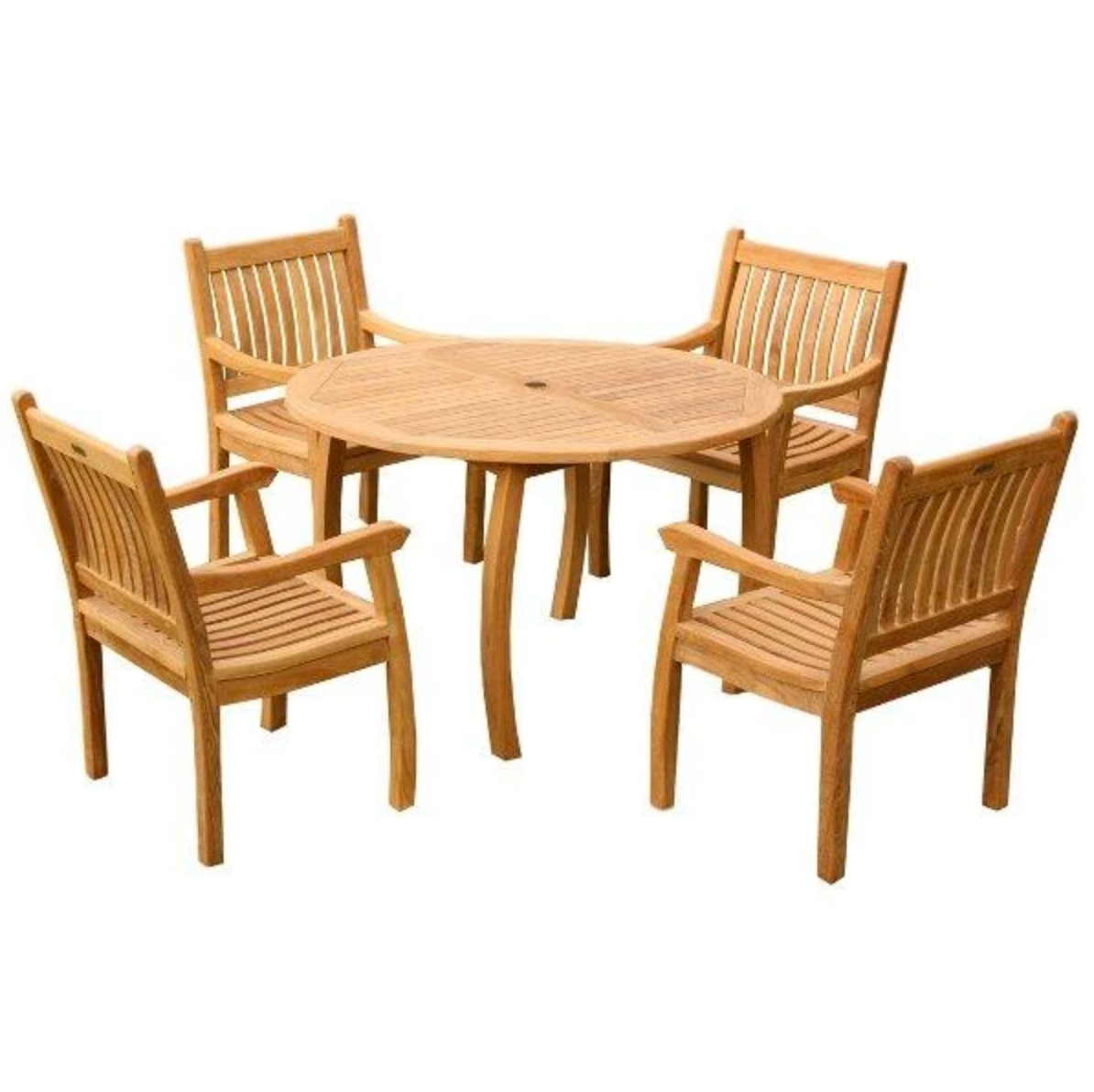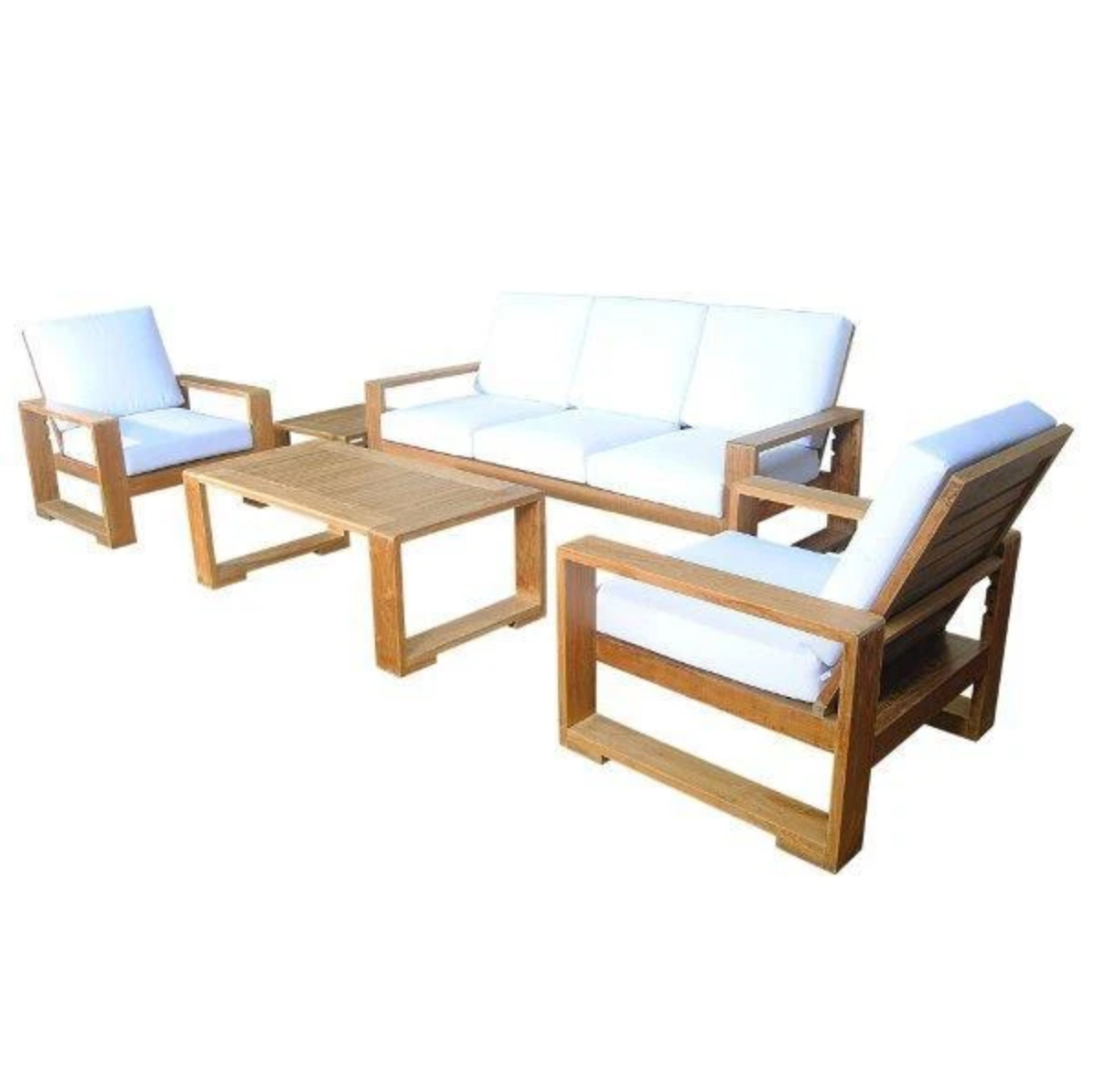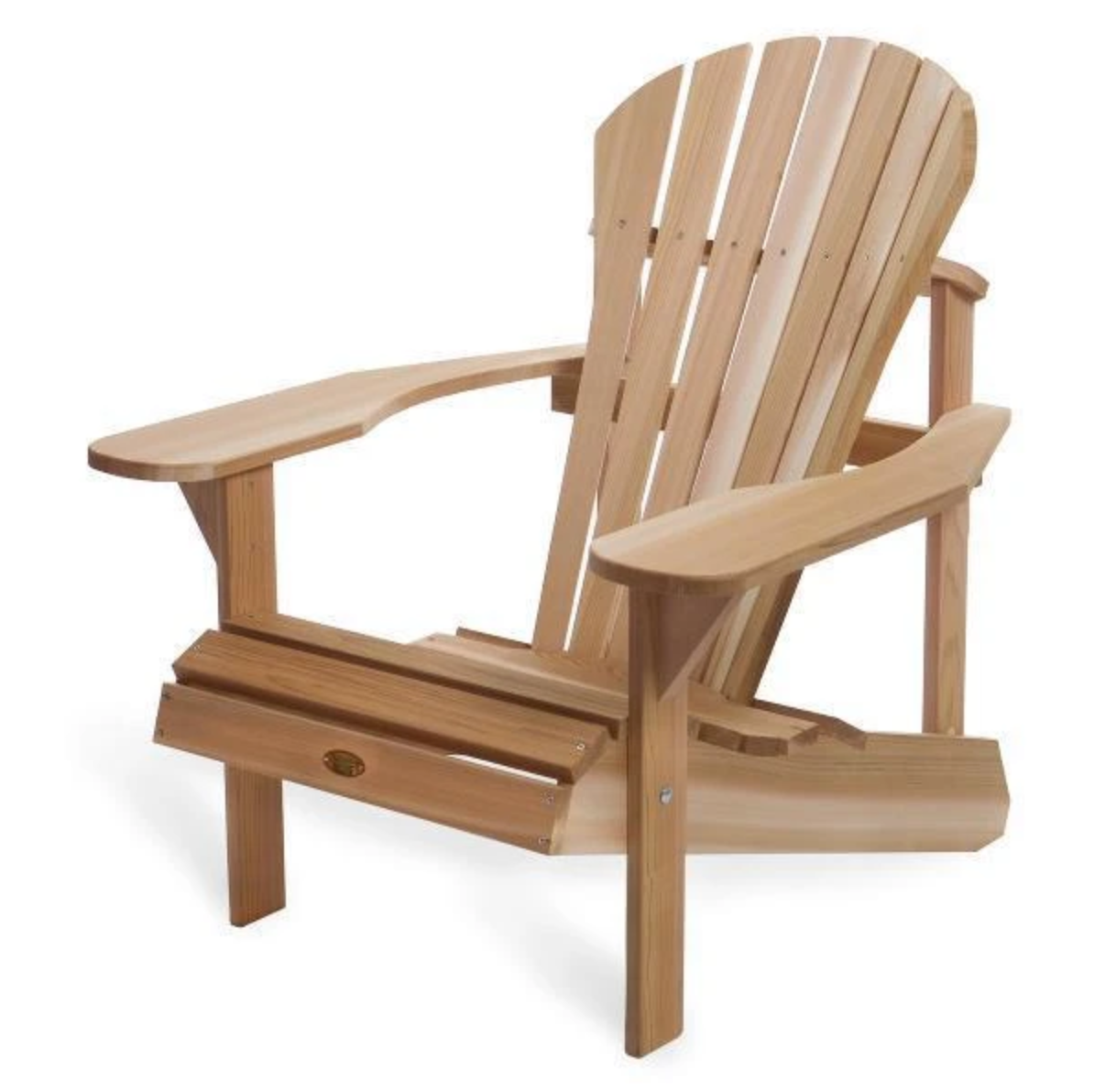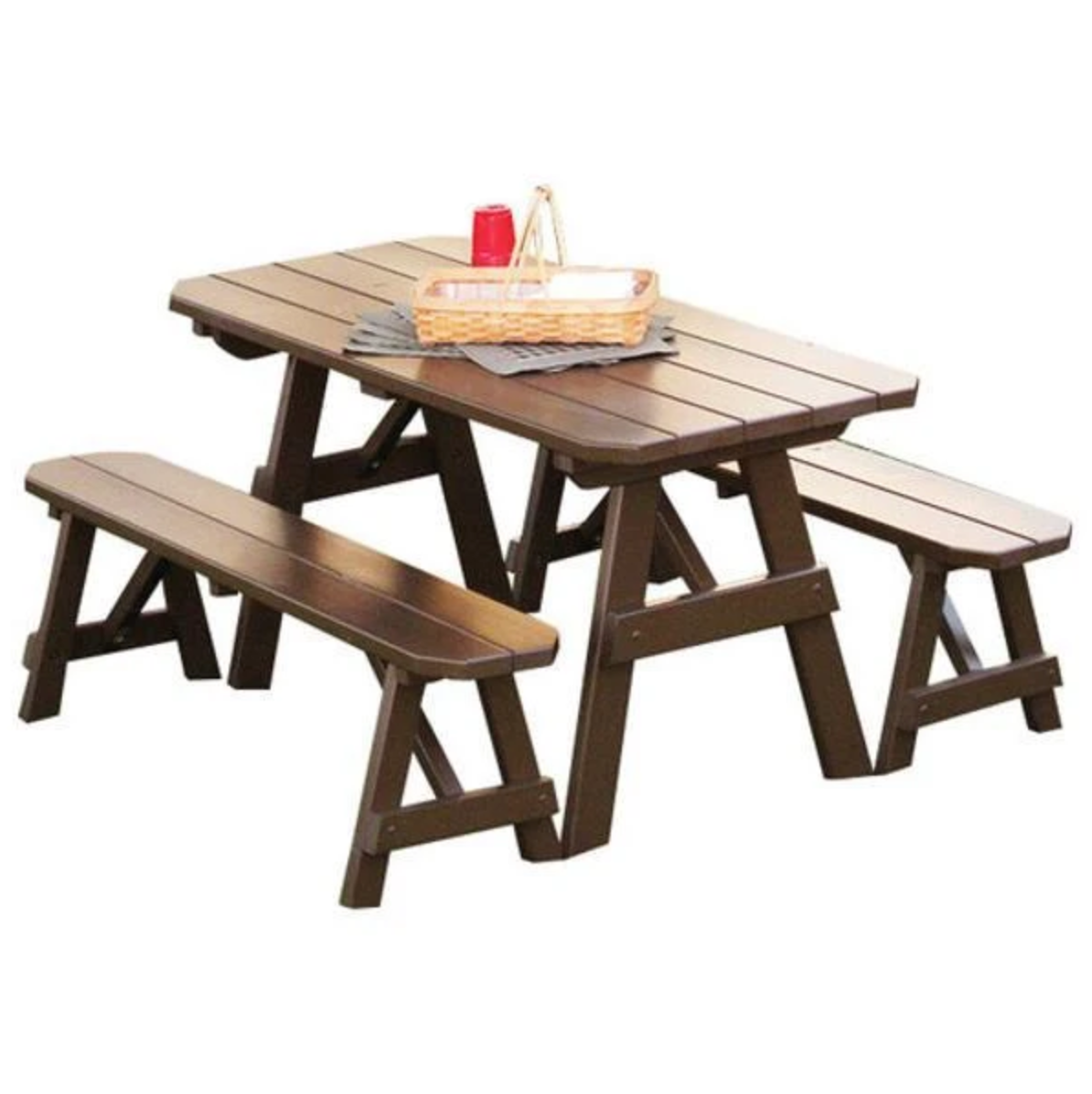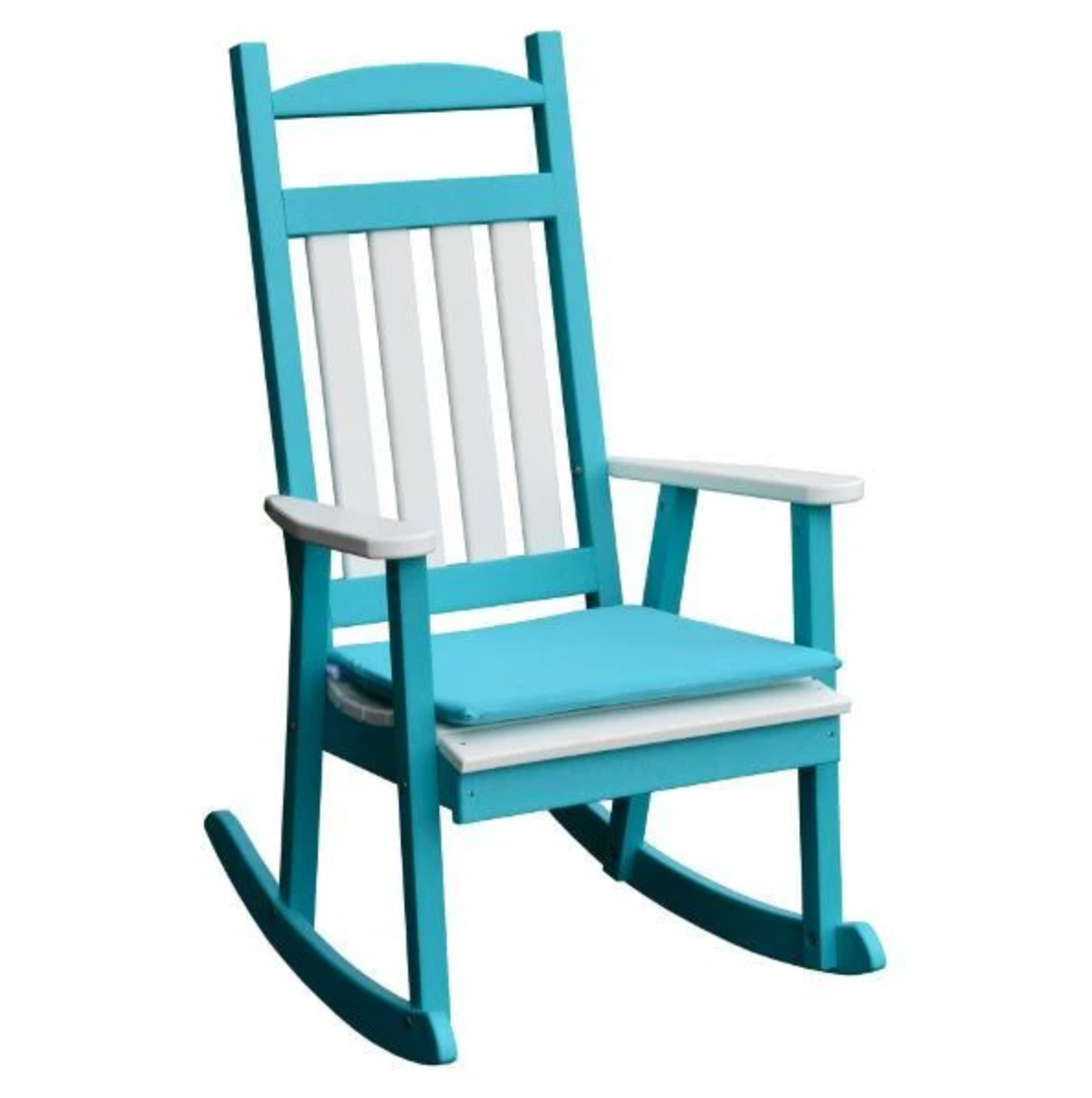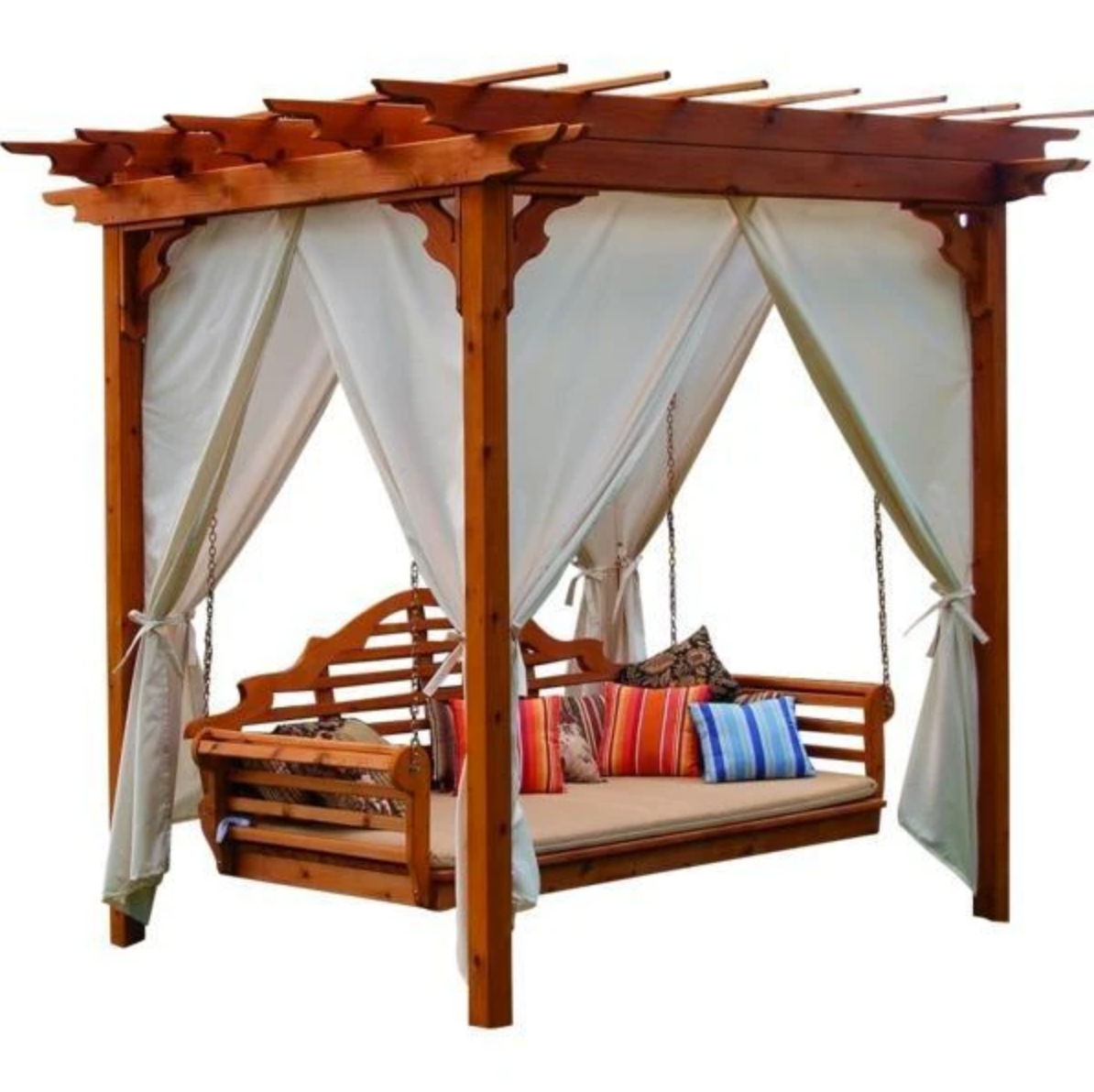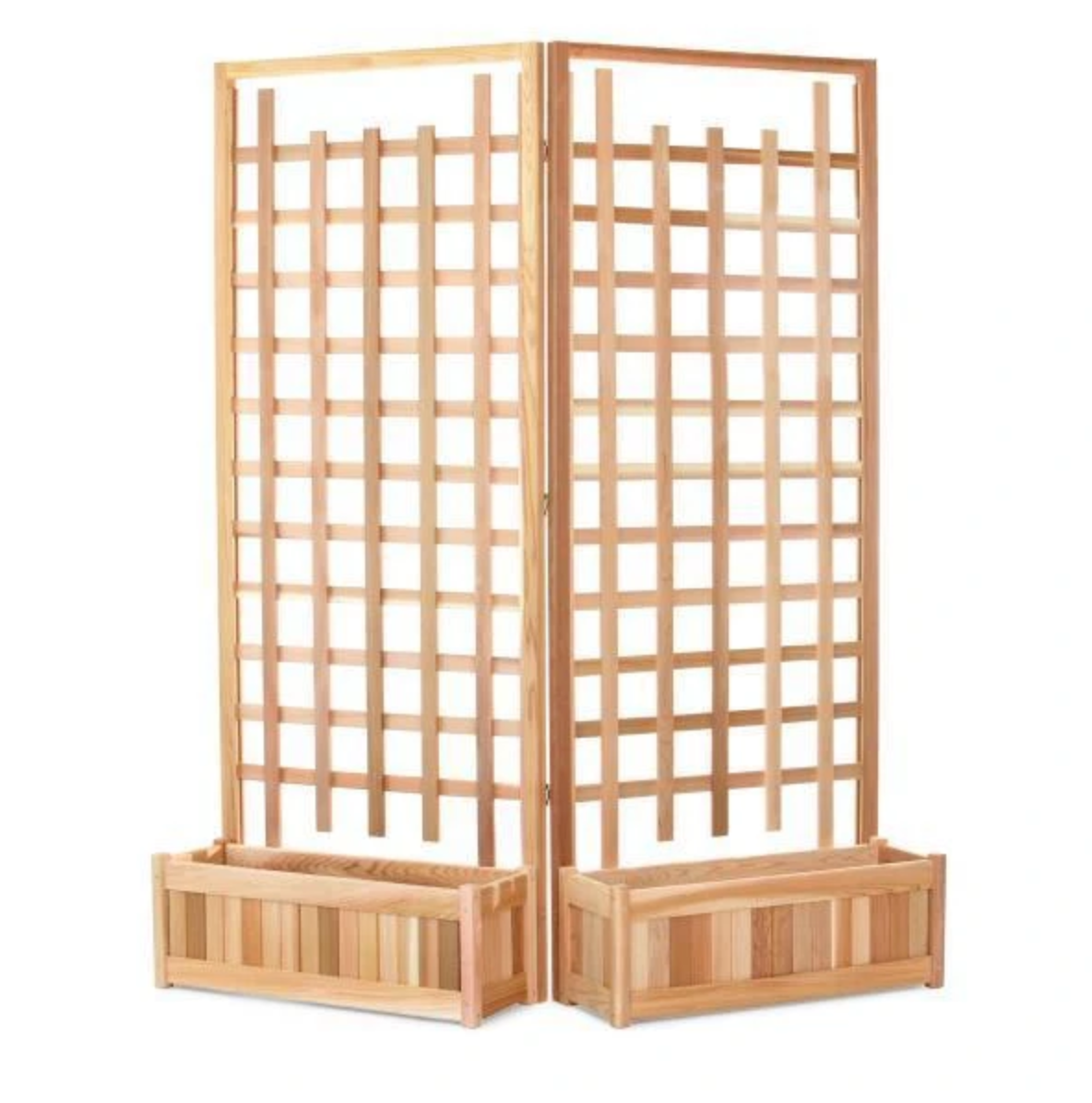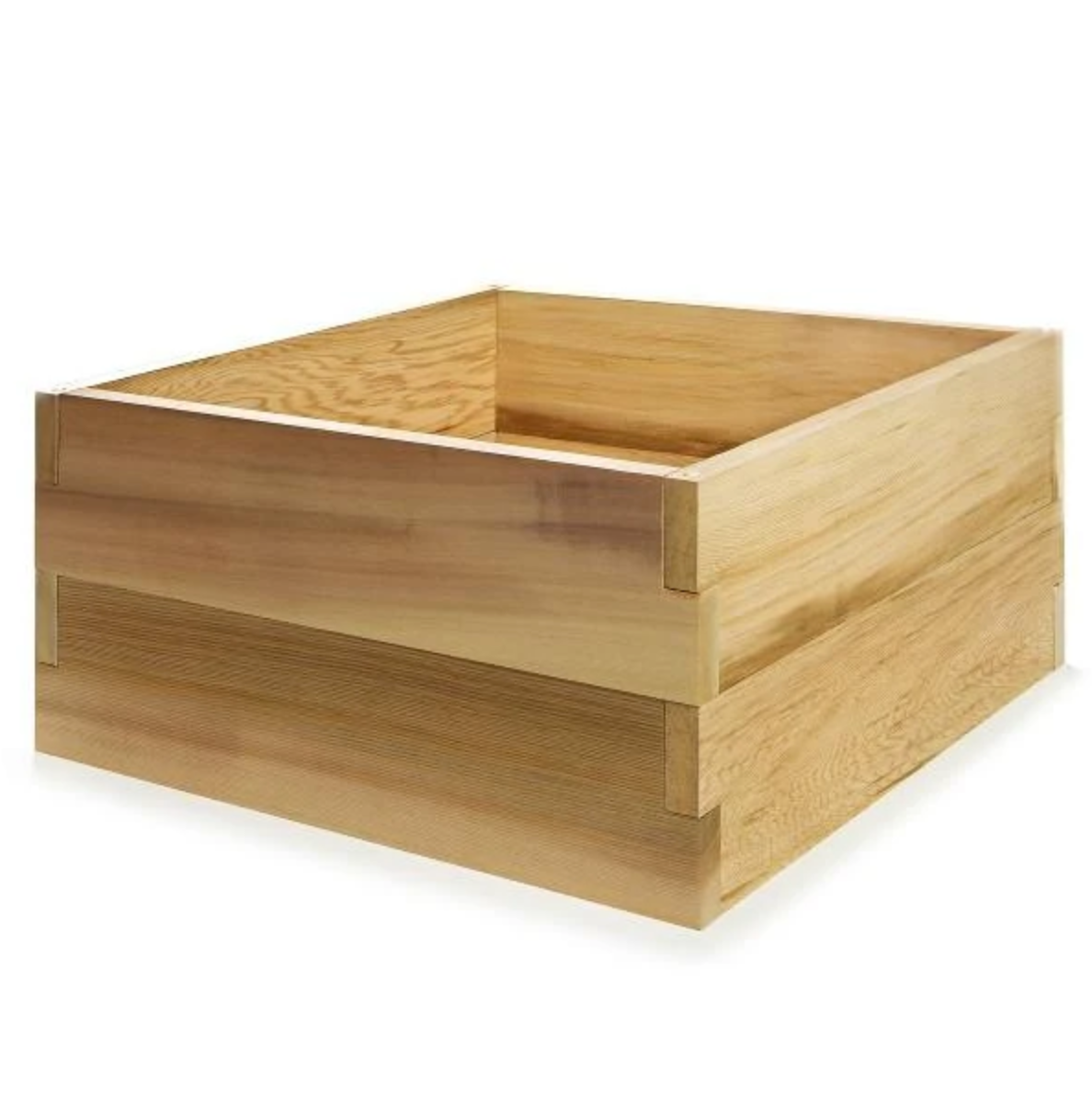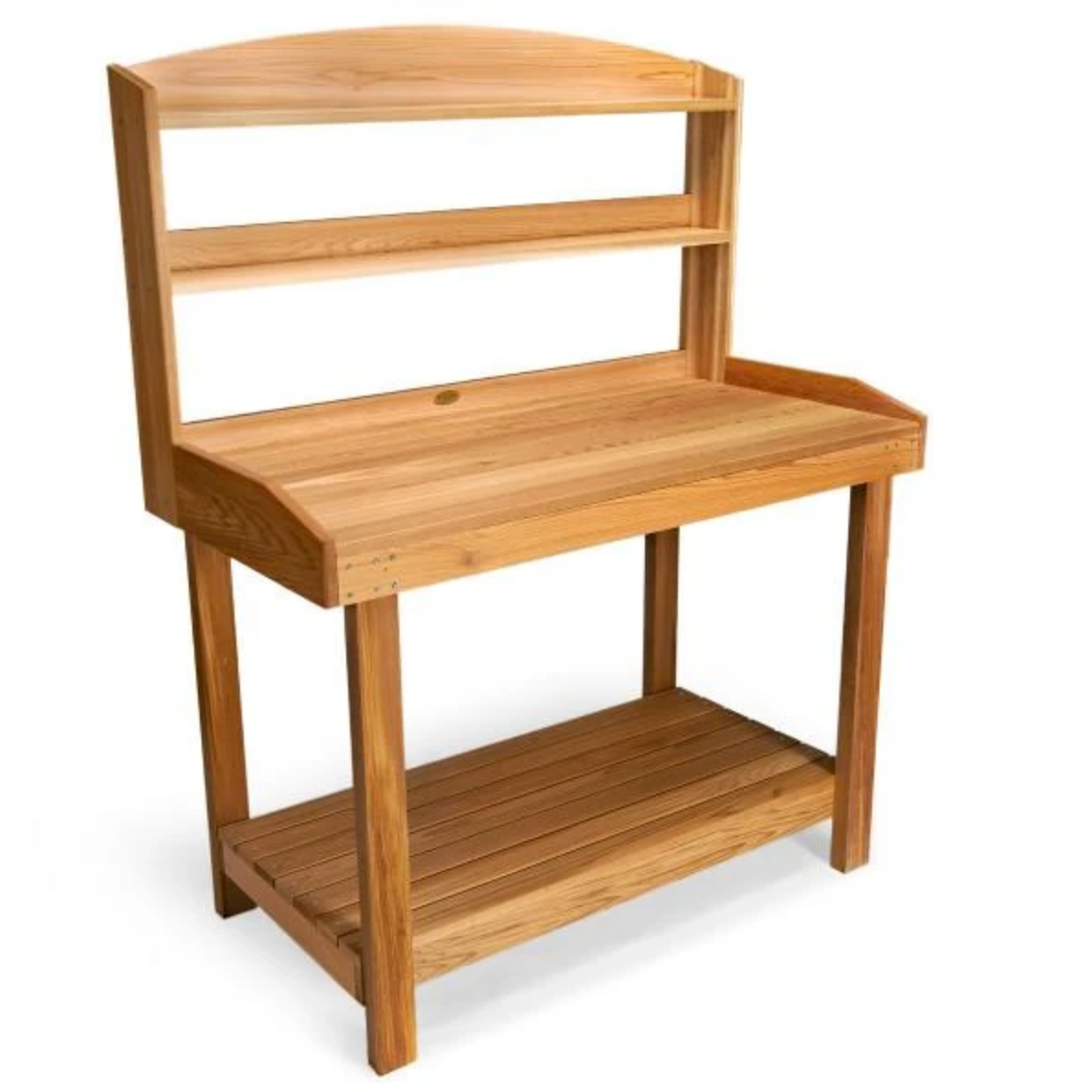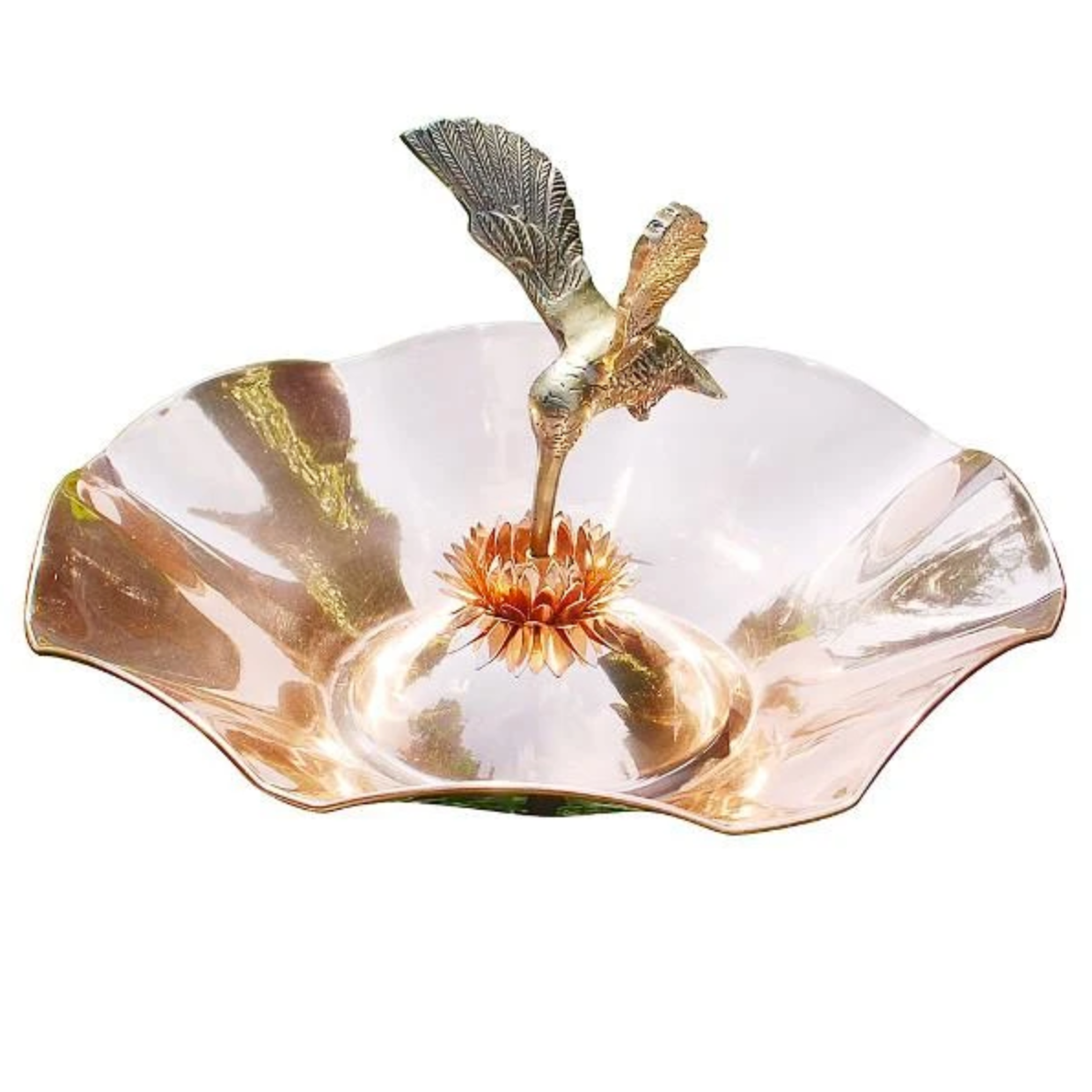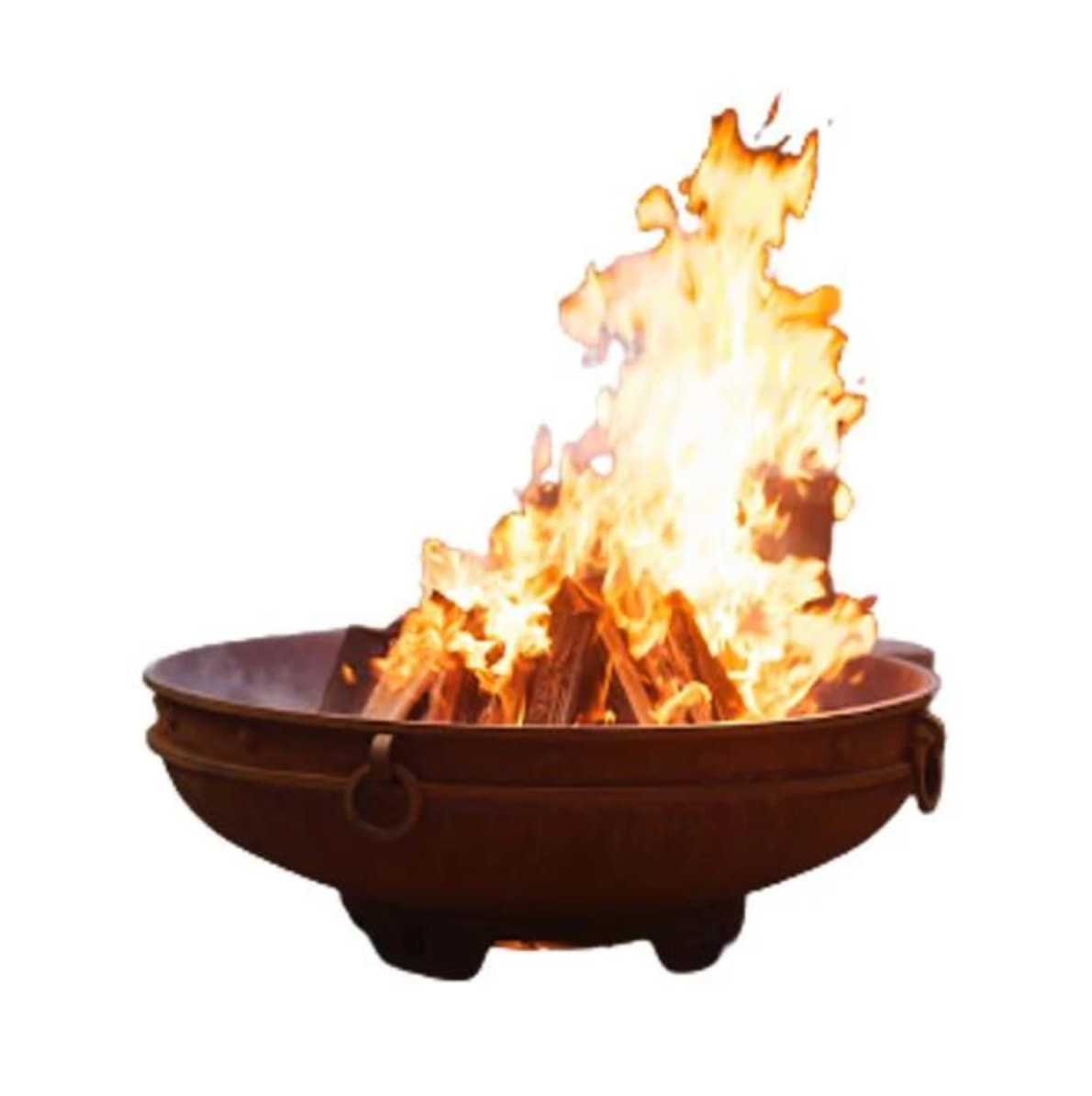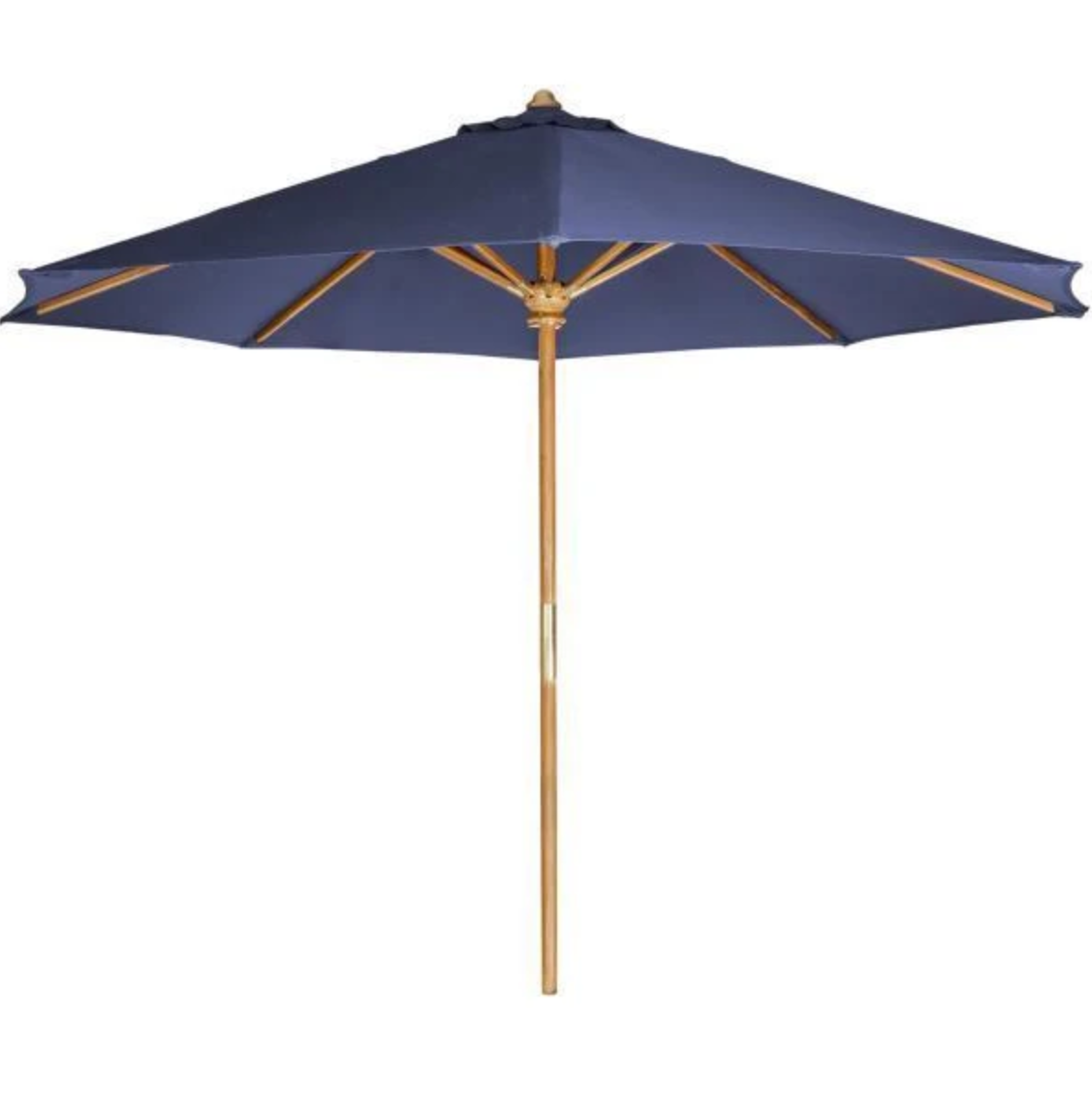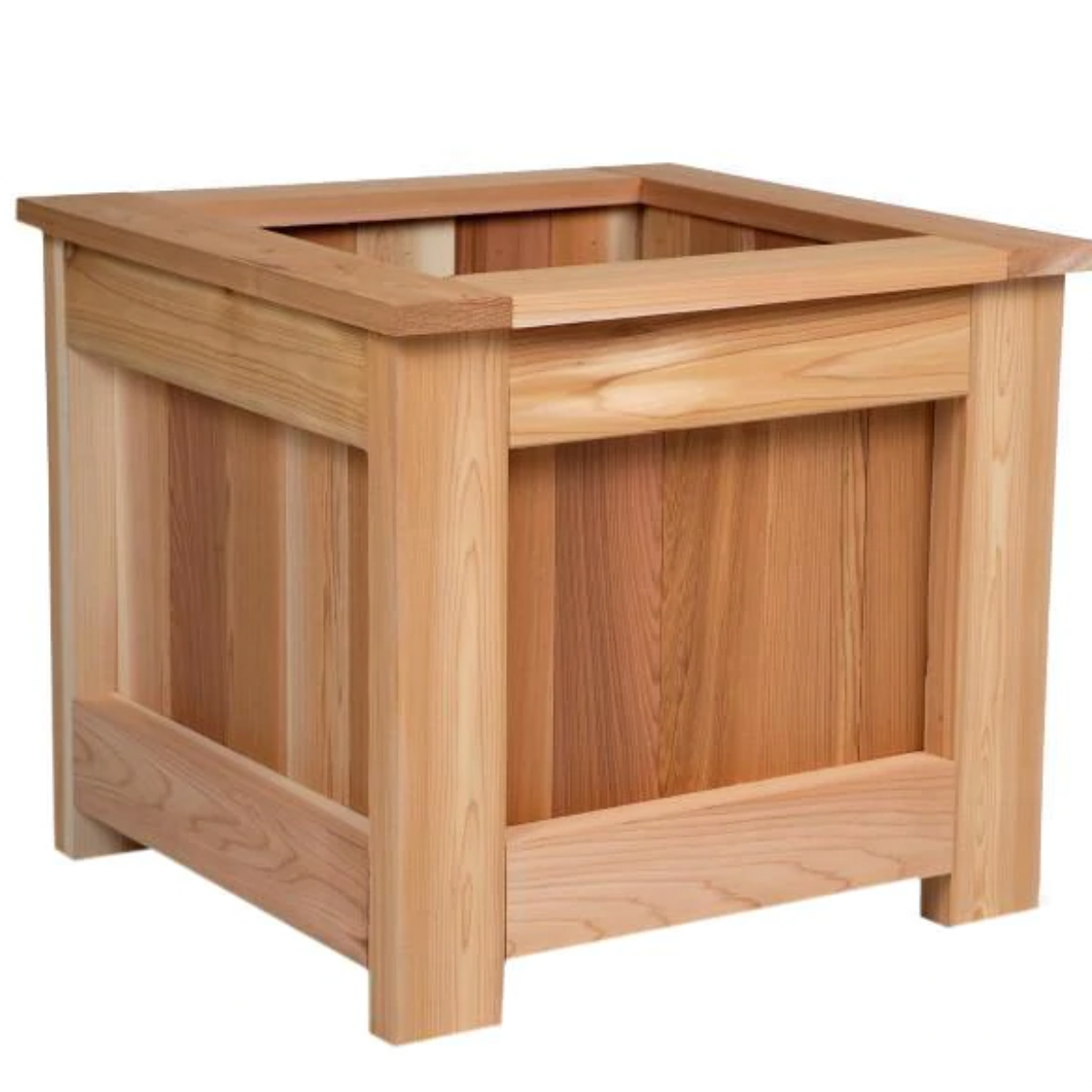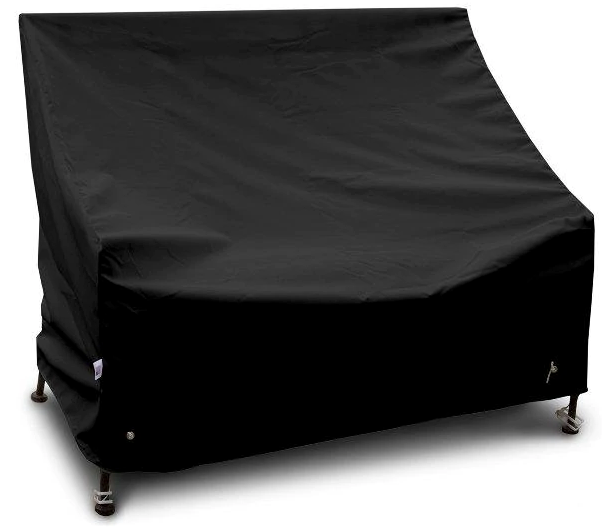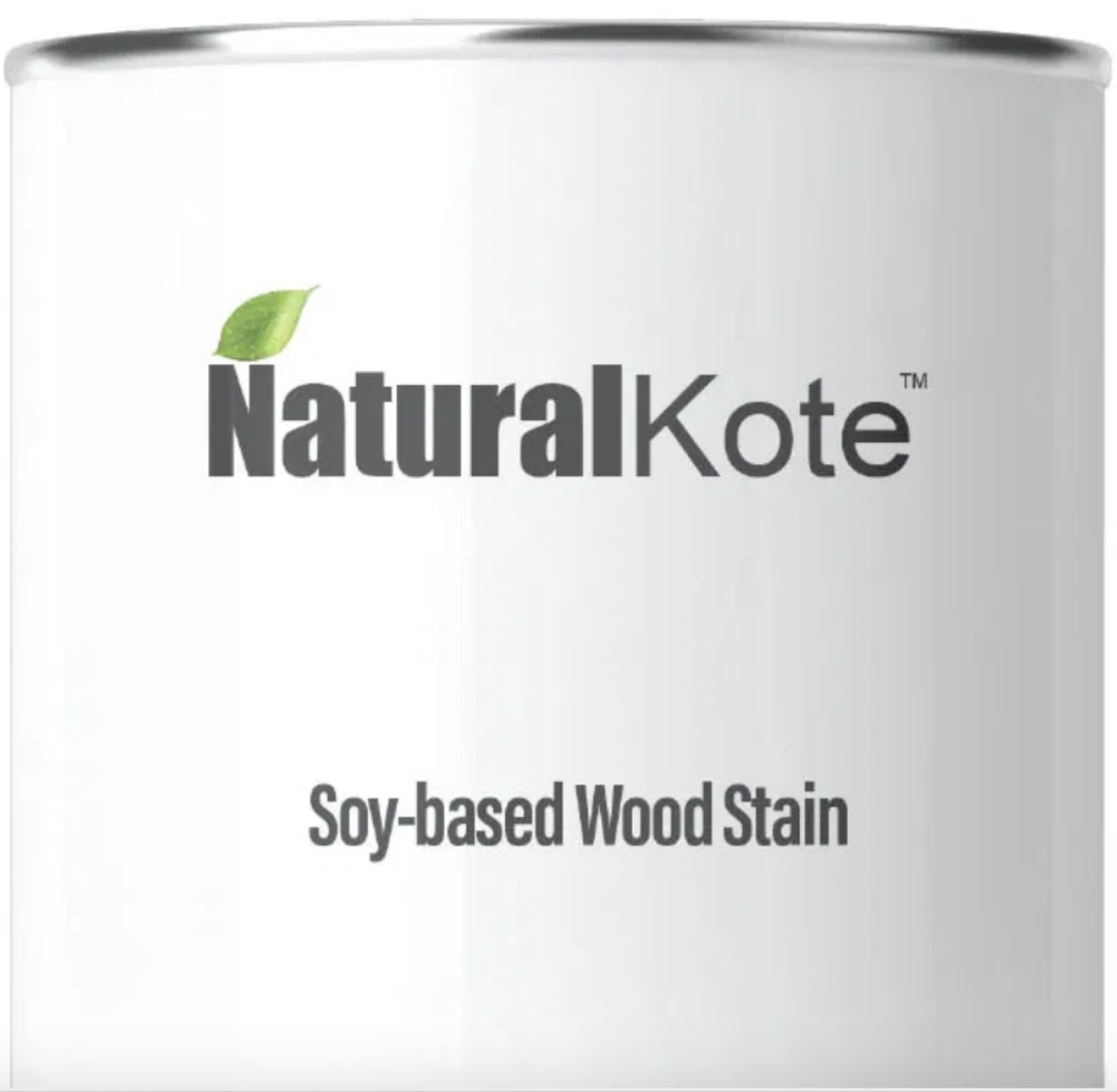Your Cart is Empty
FREE SHIPPING ON EVERY ORDER
Menu

FREE SHIPPING ON EVERY ORDER
Swings
Benches
Tables & Chairs
Home & Garden
How to Care for Your Wooden Bench Guide

So you bought a charming outdoor wood bench! Congrats! Unlike indoor benches, most outdoor wood benches require some maintenance. A bit of care can go a long way and ensure that you will get many years of enjoyment out of your new charming bench. Let’s start with bench material.
Most porch swings and gliders featured on our site are made out of good ol’ fashioned wood, which remains the most popular material used to craft furniture. Outdoor wooden benches have a wonderful timeless quality to them but are more susceptible to weather damage than benches made of synthetic material. Here are a few tips on how to maintain your outdoor bench:
How to Care for Your Wooden Bench Guide
1. Place your bench in a covered area

We recommend placing your charming bench in a covered area if possible. Though certain weather-resistant woods such as teak, white oak, yellow balau and red cedar do very well against the elements and will last years in direct weather, shielding your bench from the elements will make it last longer. Prolonged exposure to rain, snow, or direct sunlight will “weather” your bench faster in some cases turning it silvery gray(which can be nice!) and aging it faster.
If you are unable to place your bench in a covered area, cover it with a tarp or stow it away in the garage during harsh winters/weather. Remember, covering your bench from inclement weather isn’t absolutely necessary but you will extend the quality and life of your bench if you do so.
2. Finish Unfinished Benches

Unfinished wooden, outdoor benches are especially susceptible to water damage. Why? Wood contracts and expands with the climate temperature. When it’s cold, wood contracts. When it heats up, wood expands. This is what causes small cracks in wooden outdoor furniture, also known as "checking", which is perfectly normal.
When wood furniture is exposed to drastic weather changes, these cracks may get larger and deeper. If moisture is allowed to seep into these cracks, over time, your bench will age a lot faster and eventually rot.
With that in mind, we recommend sealing, staining, or painting all unfinished wood benches, unless you have purchased weather/rot-resistant woods such as Teak and Western Red Cedar to protect your bench from moisture damage and inclement weather.
Wood stains color wood by permeating it. What you get is a colored surface that retains the natural texture and characteristics of the wood. This is most visibly seen in semi-transparent stains. Quality exterior stains will beautify your bench or porch swing, while at the same time, offer excellent protection against moisture and direct sunlight.
We recommend Sherwin-Williams Super Deck Stain (transparent or solid) for the job. For additional protection against the elements, you can apply something like Minwax Spar Urethane on top of the stain.

Paint, on the other hand, forms a protective layer over the wood surface. Rather than soaking into the wood, paint acts as a barrier that sits on top of the wood and protects it from the elements.
We recommend buying a high-quality paint to finish your bench with. High-quality paints may cost more at the onset but will protect your bench far better and last much longer than cheap paints usually found at big box stores. Cheap paints generally splatter during application and will not last more than a few years because they contain more water and less of the stuff that makes paint good (pigment, binders, additives).
Good quality exterior paints will generally offer a better looking final appearance, and excellent weather/fade resistance. We recommend Sherwin-Williams Duration Exterior Latex paint for superior durability and exceptional ease of application on wood. Backed with a lifetime warranty, this stuff will protect your bench for many years to come.

Also in News
US
United States
Feb 20, 2026 13:42
Product Tag :
Product Collection :
×
